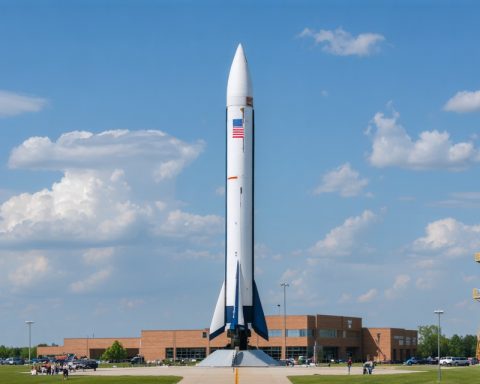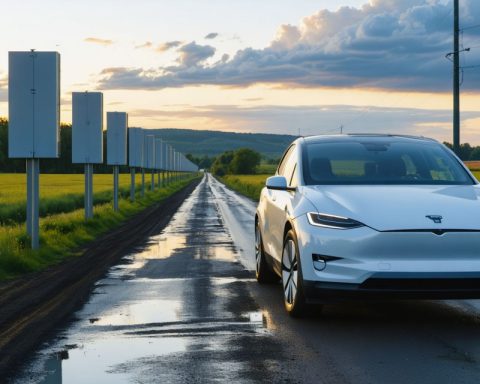
Unveiling Columbia: The Fascinating Tale Behind the State Fairgrounds’ Iconic Rocket
The South Carolina State Fair features a notable attraction: the “Columbia” rocket, a relic of the Cold War era. Originally an intermediate-range ballistic missile,




















